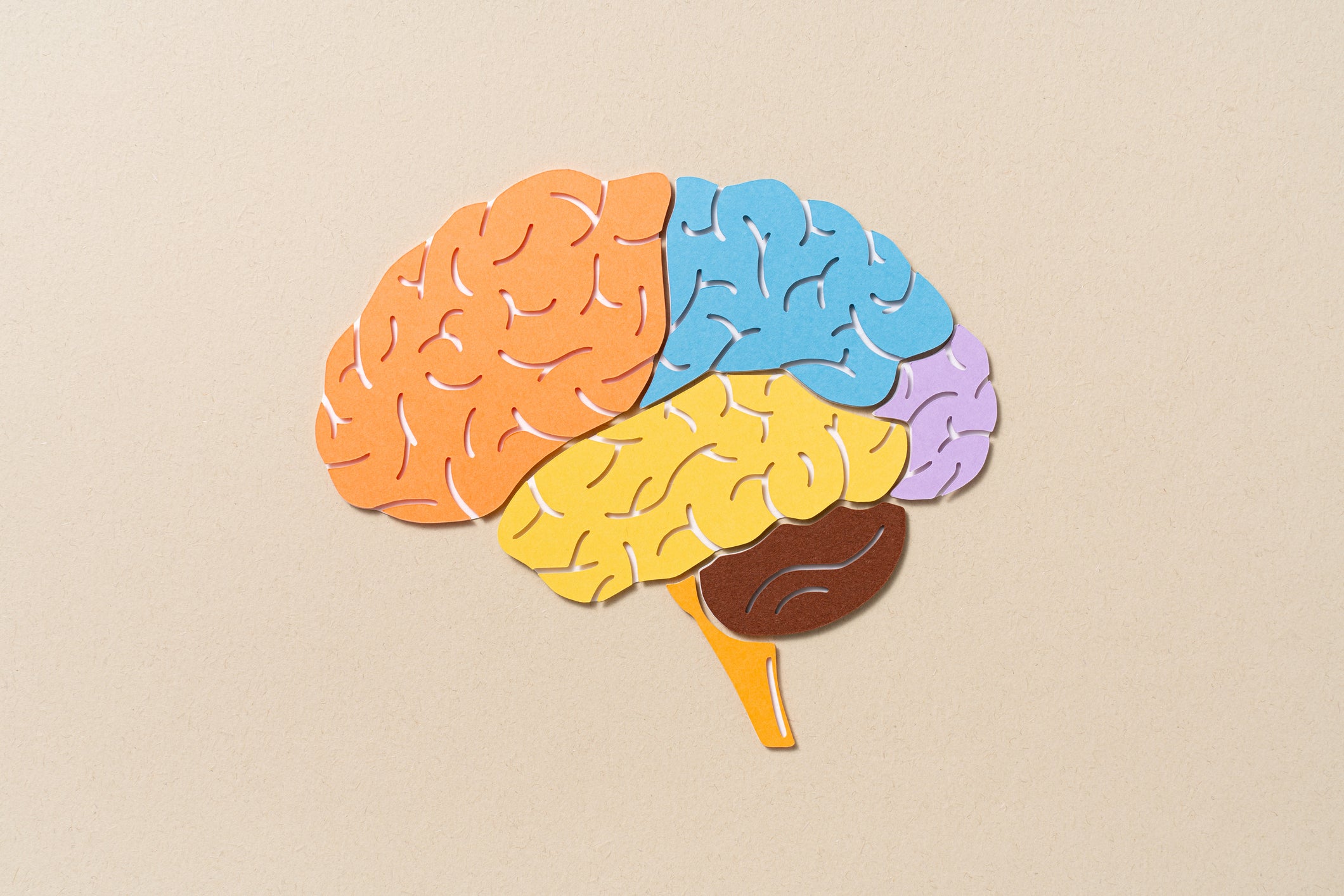Dementia is on the rise. Here’s how to reduce risk

This story originally appeared on NPR.
The number of people with dementia is expected to double in the next 40 years, according to a study out this week in the journal Nature.
Researchers estimate about a million adults in the U.S. will have dementia by 2060 and the projected rates are higher for women and Black adults.
While the numbers are daunting, there are ways to reduce the risk of dementia. Some of the best strategies to fend off the disease and even late-life depression come down to our daily habits.
“You can substantially reduce your risk through the lifestyle choices you make,” says Dr. Jonathan Rosand, a neurologist and co-founder of the McCance Center for Brain Health at Massachusetts General Hospital.
Rosand and his collaborators have developed a way to gauge and track brain health with a 21 point scale called the brain care score. The score helps people understand the importance of daily habits — such as sleep, diet and exercise. (You can calculate your score in about five minutes.)
“All of us have a fair amount of control,” Rosand says.
About 40% of dementia cases could be prevented or delayed by addressing 14 modifiable risk factors, according to a Lancet commission report. And even people who have genetic risk factors can benefit. A question Rosand is often asked is “Doctor, what can I do so I don’t get dementia like my father or brother or sister?”
Ruth Bernstein knows the anxiety. “We watched my grandma be robbed of her identity” from Alzheimer’s, Bernstein says. And now the same thing is happening to her mom. “It’s truly devastating,” she says.
As the mom of two kids, Bernstein wants to do all she can to protect her brain, and calculating her brain care score helped her understand the many lifestyle tweaks she can make. “It’s been super helpful,” Bernstein says. “It’s really motivated me because I understand how it can all add up.”
Bernstein finds herself going through a checklist of items on the score: “Have I got my steps in? How’s my sleep? Am I managing my stress? At a recent social gathering she drank a glass of wine, but turned down a second. Limiting alcohol to fewer than four drinks a week leads to a higher score.
To calculate your brain care score, you rate yourself on 12 different risk factors ranging from diet, alcohol consumption, smoking, sleep and the amount of exercise you get. Your blood pressure, blood sugar, cholesterol and body mass index are also incorporated. Social and emotional factors are woven in as well, including sense of purpose, stress management and social connections. Each response is given a point value, and the higher your score the better.
Several studies show that a high brain care score is linked to a significantly lower risk of disease. For instance, a study published in Frontiers in Psychiatry, found that each five-point increase in a brain care score was associated with a 33% lower risk of late-life depression and a 27% lower composite risk of dementia, stroke and depression.
“What was surprising to us was just how powerful it was,” says Dr. Kevin Sheth, the director of the Center for Brain and Mind Health at Yale University and a co-author of the recent study. “To have an effect on that order of magnitude is quite large,” he says.
link







